My Interview With Rock and Roll Hall of Famer Jorma Kaukonen of Jefferson Airplane
Thoughts on Music, Social Significance and Spirituality from a Guitar Legend.
Image: jambase.com
A while back I had the unique privilege of fulfilling one of my boyhood bucket list dreams. I had been an ardent fan of Jefferson Airplane since I dropped the needle on their album Surrealistic Pillow when I was 15. Getting to interview (and later meet) Jorma was very meaningful to me. Here’s how our conversation went:
Adam Jacobs: Hello?
Jorma Kaukonen: Jorma.
Adam Jacobs: Adam Jacobs.
Jorma Kaukonen: Hi Adam. I'm just trying to figure out how to get you off of speakerphone, but I guess it doesn't matter. I guess we can be on speakerphone.
Adam Jacobs: I think that's fine. How are you?
Jorma Kaukonen: I'm well. How are you?
Adam Jacobs: I'm well also. It's a great honor to speak with you.
Jorma Kaukonen: Well thank you.
Adam Jacobs: I've been a fan since I was 15 years old.
Jorma Kaukonen: Haha. Bless you.
Adam Jacobs: And I'm really looking forward to both meeting you in person and hearing you play upfront, up close and personal on Thursday. So thank you really for decades of music and for agreeing to play for us.
Jorma Kaukonen: Well, believe me, the pleasure is mine.
Adam Jacobs: Okay. I know we have about 15, 20 minutes …
Jorma Kaukonen: Oh absolutely. Go right ahead. I just finished writing my autobiography. I have no secrets left.
Adam Jacobs: Okay. Excellent. Okay. They're not so personal, but okay. So as you've been thinking about your career and how you got started. I know a lot of musicians in your generation either saw Elvis or the Beatles and Sullivan and got excited about music, especially rock music in that way. Was there a particular moment when you realized you wanted to be a musician?
Image: jambase.com
Jorma Kaukonen: You know, this is a good question. It's one that I get frequently asked, and the answer to it is, there's a sort of like a multi-level answer to it. When I started playing the guitar, I was probably 14 or 15, and honestly, even into my college years, for whatever reason, I don't ever think about using the word "career" in my vision of myself. But there's no question that regardless of whether I thought of music as a viable way to find my way in the world or not, it was. It was. And I think that when I started playing the guitar, there was something about it that I found incredibly addictive, obviously.
And I guess, I remember hearing Elvis, but I think Carl Perkins and some of those guys set me on fire more than Scotty Moore for whatever reason, but I didn't start learning that stuff. I started learning more, I guess, in the DC area where I grew up, they were just popular songs at the time. However, today we look at them as country or Americana.
Adam Jacobs: Right. I love those guys too. Okay. So let's think, it was sort of a slow evolution. You listened to them and loved playing, and at some point, you decided you were going to make a living off of this.
Jorma Kaukonen: Yeah, well, you know, when I started playing music with the guitar, my original thrust really was not to become a guitar player. I sort of did that accidentally along the way. I just wanted to sing the songs. And so I learned enough about the instrument to learn to accompany myself while I was singing. So for a number of years, my solos would be like Louvin Brothers or Carter Family kind of stuff. Real simple, kind of straight-ahead solo things. And at the time, I didn't really think about myself as a guitar player. But I loved the music so much.
Adam Jacobs: As a total side point, I studied music in college, in graduate school, and in the jazz idiom, so I am a huge lover of music in general, though I went in a different direction. Okay, that's cool. Can you describe one greatest moment of your musical life or musical career?
Jorma Kaukonen: I mean, from ... Yeah. Well, that covers a lot of ground. Let me think, okay yes. I think there's certainly the most important moment of my musical life happened in 1960 in Yellowsprings, Ohio at Antioch College when I met Ian Buchanan, who was a finger-style guitar player from New York, who happened to be in school that year. We wound up in the same off-campus house. Up until that time, I had just been sort of, as I said, just strumming and singing songs, and simple rock and roll leads and stuff, but I really hadn't carried the guitar anywhere. Much from when I started when I was 14 to 15 years old.
But in 1960, Ian undertook to teach me how to finger pick, and that has absolutely defined my life.
Adam Jacobs: Uh-huh. I could see that. And as sort of an add-on to that question, obviously, you moved from a bigger band in the ‘60s towards smaller ensembles or solo.
Jorma Kaukonen: Right.
Adam Jacobs: Do you prefer playing in smaller units?
Jorma Kaukonen: Well if it weren't for the Jefferson Airplane, we might or might not be having this conversation. I sort of was dragged kicking and screaming into the band, and it sounds stupid to say this after the fact because of course, I learned so much and I got a lot of visibility, and all that stuff that goes along with being in a famous band. When I got into the Airplane, I was strictly playing solo. I would occasionally play with other people, but I never thought of myself as a band player. I'd left that behind in 1958.
Image: Hot Tuna, sam-musiclovers.blogspot.com
When Jack (Casady) and I started to do Hot Tuna, which we did either as an acoustic duo or as an electric trio, and then occasionally we'd add a keyboard player or another guitar player. I think that looking back at it, I don't think I thought about it like this at the time, but looking back at it, I think in some way, I wanted to maintain the emotional closeness that I think that you get out of smaller groups. And the Airplane was a really fantastic band, and I would say that even if I hadn't been in it, because they were a fantastic band, and they were sums of all these different disparate parts that made things happen.
But when you have a large band like that, I mean obviously people focused on Grace for obvious reasons. I mean, she was great and she was beautiful and all that kind of stuff. But I think that when I listen to a trio, like Cream or Hendrix or Glass Harp, or a lot of different kinds of electric trios. There's an intimacy with whatever message that band is trying to convey, that I think is not as immediate, if this makes any sense, it’s not as immediate with a big band as it is with a small band.
Adam Jacobs: Yeah, I could totally see that. Those are some of the greatest bands ever, the smallest ones.
Jorma Kaukonen: And you talked about jazz. I'm certainly, I'm far from a real knower about jazz, but I really, a lot of the stuff that I loved listening to was with the trios. The small jazz groups. And when I listen to classical music, I like the chamber groups also. And I think the reason is, is because fewer people, and you can kind of see the personalities of individual musicians.
Adam Jacobs: Mm-hmm (affirmative). Yep. Yep. I hear that too. So I just projecting forward for a second, what do you think of today's music scene? Are there groups that you like, that you relate to? How do you feel about it?
Jorma Kaukonen: Well, I mean, here's the deal. In a normal world, I'd be a great grandfather, but in this one, I have a 21-year-old son and a 12-year-old daughter. My son's on his own in Virginia right now, but my daughter listens to all this kind of music, and her taste in music, even though it might not be mine, really is pretty good. She listens to pretty good people. Like she turned me on to, I think her name is Billie Eilish, one of these young gals that's sort of a rap singer, but not really, etc., etc. But the thing that I get is that I think the future's safe for music in general because a lot of these young kids that are coming up playing are so much more competent in a professional way than we were at a similar age.
But one of the things I've tried to convey to my daughter without sounding like her old man, because saying things are screwy, but not the way when I was a kid, is that the music today, regardless of how confident and well written and all that stuff, it doesn't have the social significance that music did when I was in my late teens and early 20s.
Adam Jacobs: Mm-hmm (affirmative). Okay.
Jorma Kaukonen: Is that a good or bad thing? I don't know. But that's my opinion.
Adam Jacobs: And how about just musically?
Jorma Kaukonen: Well musically, I think, hang on just a sec. Vanessa?
I'm speaking to my wife here because she just turned me onto something the other day. Yeah, Billie Eilish, I said Billie Eilish, no the rhythm and blues guy.
Vanessa: James Hunter Six.
Jorma Kaukonen: Okay. I just got turned onto the James Hunter Six. He's a British guy who does rhythm and blues you gotta check him out. And you know, my wife is a huge rhythm and blues fan, and she said you've gotta hear this guy. Of course, I'm thinking, "Well you know, I heard this guy and that guy back in the day." James Hunter, this guy is really good. I'm gonna buy his records and if I get a chance to see him, I'm gonna see him. And if I can get him to come to the ranch to play while I can still afford him, I'm gonna do that.
To go back to the more or less, I think what the question was, I think the future is safe. I don't listen to a lot of really new music, because I sort of exist in my own bubble. I'm very fond of singer-songwriters. Gretchen Peters, I'm a huge fan of hers. She just has a new album that came out two months ago called Dancing with the Beast. It's not an upbeat album, she's a little dark, but she's awesome. She's just awesome.
Image: Jefferson Airplane, ultimateclassicrock.com
Adam Jacobs: Okay. So okay, now I have a little bit of a funny sort of transitional question.
Jorma Kaukonen: Sure.
Adam Jacobs: It's a little philosophical. Why ... And you mentioned at the beginning that you got addicted to playing guitar.
Jorma Kaukonen: Yes.
Adam Jacobs: And I think that's the experience of many musicians. They just have an intense relationship with whatever it is that they're doing. I've asked this to many musicians and I'm just curious how you would receive it, which is, why do you suppose that people play at all? You know, you're strumming metal strings over an empty box, and it produces a certain amount of megahertz, and why is that meaningful to anybody?
Jorma Kaukonen: You know, again, that's an incisive question. Because, for whatever reason, if you read Marcel Proust, I think that his Memories of Things Past is about the olfactory senses. Maybe that's true, maybe it's not true. I think that there's nothing that evokes a memory, a feeling, a relationship with a place and time like music. Something you heard, whatever that moment was. And why is that, I don't really know. It just communicates on such an elemental level. Obviously, maybe it starts with a voice because we can sing. If you can play an instrument, you actually have to learn how to play it. But there's something about it, I think it's that creating something from nothing, with whatever instrument that you've chosen.
Now we've been talking about the guitar because I'm a guitar player. One of the things that I think that addicted me and so many of my pals about the guitar, is that we perceived it as a cool instrument. I guess if you're a sax player, you perceive that as a cool instrument. I mean, you know. When I first started playing ... I mean when people heard me play, when I was in high school, at that time, the guitar was not yet the cool instrument that it is today. I mean, everybody plays the guitar today, and guys who have money collect expensive guitars.
That just didn't happen back in those days. When I was in high school, the cool instruments were the sax, piano, and drums. So those who used to play the guitar were sort of geeky. We didn't get to play the dances at the school, but we did get to play the rock and roll shows around the neighborhood.
Adam Jacobs: Mm-hmm (affirmative). Interesting. Okay. So okay. Here's the last couple, the last few, the more personal ones.
Jorma Kaukonen: Sure.
Adam Jacobs: Would you consider yourself a spiritual person? And if so, do you see a connection between your music and your spirituality?
Jorma Kaukonen: The answer to both those questions is yes. When you talk about spirituality, it's a funny thing.
Adam Jacobs: It's a broad topic.
Jorma Kaukonen: No, it is a broad topic. It's a good topic. And it's an important topic. It's like talking about humility. As soon as you start talking about humility, you're not humble anymore. Yeah, who's the humblest guy in the room, you know.
Adam Jacobs: Right.
Jorma Kaukonen: But yes, I think having a spiritual connection, and that's not necessarily the same as being a religious person, although it might be the same.
Adam Jacobs: Right.
Jorma Kaukonen: I think it's very important, and I think that to be able to have that spiritual connection, for lack of a better word, with your higher power, or whoever that higher power might be is really important. And for me, I know this might ... I have friends who profess to be atheists, although I find that hard to believe. To be able to communicate in a meaningful way, in the universe that we inhabit, I think would be very difficult if not impossible without some sort of a spiritual connection.
Adam Jacobs: Mm-hmm (affirmative). Okay.
Jorma Kaukonen: If that made any sense whatsoever.
Adam Jacobs: It made perfect sense. And we're on the same page across the board so far. Okay cool. So adding onto that just quickly. I saw a picture of you at the western wall in Jerusalem.
Jorma Kaukonen: Yes.
Adam Jacobs: I don't know if you know that a picture got around.
Jorma Kaukonen: I did not.
Adam Jacobs: Yeah, but …
Jorma Kaukonen: But I know these things do, so it doesn't surprise me.
Adam Jacobs: Yeah, so you know, as a fan of both things, was very sort of meaningful for me to see it. And a lot of people commented on the picture. It was on Facebook. Was that a good experience for you? Was it a positive …
Jorma Kaukonen: Absolutely. I mean we haven't really touched on this yet, but my mother was Jewish and I grew up around my Russian grandparents who were very Jewish, but not very observant. So the Jewish cultural context, and certainly the foods that we eat, were a part of my growing up. I didn't give a second thought to it. For better or worse, I was not raised in an observant family, but my wife converted to Judaism a decade or so ago, I went along with a rabbi and took the course with her, and had I kept up with my Biblical Hebrew, I could probably still read it, but I didn't and I can't.
However, to get on with the story, there's a comforting feeling to me, about being in the ... And now we're talking about religion, not spirituality. In the religious context, various religious contexts of Judaism, some I can relate to more than others. But I'm okay with it because that's who I am. Now to get to the western wall thing, Hot Tuna had a gig there, but we had a couple days off. I always wanted to go to the Western Wall. Why? Because it's part of my heritage. I needed to go there. So I have a friend that's a Chabad rabbi and they ... And so, before I went over, we got together and we went through the whole business with the fulfillment and this and that, and so he just wanted to prepare me for my Israeli experience.
And so I'm walking up to the wall, and this guy comes up and starts to talk to me. And from his accent, he's obviously American. A guy about my age, and he looks at me, and what he says is "Are you a Jew?" And what I said was, "Why, yes. As a matter of fact, I am." And what he said was "Get over here." And again we went through the fulfillment thing and I'm looking at this guy, and I'm going "I know you from somewhere." And we started talking, and it turns out, when Jefferson Airplane did a free concert in Central Park, all those many years ago, I met this guy. And there he was at the western wall.
Adam Jacobs: Was his name Gil Locks by any chance?
Jorma Kaukonen: I do not remember his name. But I would recognize him anywhere.
Adam Jacobs: Long white beard?
Jorma Kaukonen: Yes. Yes.
Adam Jacobs: I know him. And he's the guy that put the picture on Facebook.
Jorma Kaukonen: Of course. Okay.
Adam Jacobs: He was a guru who literally sat on a bench in Central Park for two years with a top knot and, of course, he would've known you for sure. He's a great guy and …
Jorma Kaukonen: Yeah, he was a great guy. And it was a great experience. And there's just sort of a profound feeling of connection. I don't know if it was singular to me, or other Jews that go to Israel have the same thing. My grandmother, she was a life member of Hadassah and all that kind of stuff. But she was extremely anti-organized religious, but she was also extremely Jewish. My grandfather, had he not been married to my grandmother would have been ultra-orthodox. It was one of these odd relationships that you just can't make up. One of the stories I tell is my first electric guitar with the Jefferson Airplane was bought when I cashed in Israeli bonds my grandmother bought me in 1948.
Adam Jacobs: Oh my gosh. Amazing.
Jorma Kaukonen: Oh here's another thing for you too. Just to throw this out there. My grandparents on my mother's side all moved to the Ellington, Connecticut area, and they got involved in these tobacco collectives. And my great grandfather, Shmuel Levine, they pronounce his name Levine now, Levine, I don't know why. But anyway, he actually scribed the Torah that's in this tiny little orthodox school in our family cemetery in Ellington. And I've been there, and this thing is like the smallest synagogue in the world. And it's in the middle of nowhere, so if you're an orthodox Jew, it's kind of hard to get there when you can't ride in the car. But there it is, and there's the Torah.
Adam Jacobs: Wow. That's amazing. I didn't know that. Well, that is the bulk of what I wanted to ask you, though I could easily speak to you for three hours.
Jorma Kaukonen: You got it.
Adam Jacobs: Okay. Thank you so much, and it's been a pleasure.
Jorma Kaukonen: eah, been a pleasure talking to you. I'll bring you a book, I'll see you in a couple days.
Adam Jacobs: Alright. I really appreciate it. Have a great day. I'll see you on Thursday.
Jorma Kaukonen: Thank you.
Adam Jacobs: Alright take care. Thank you. Bye.
Jorma Kaukonen: Bye.



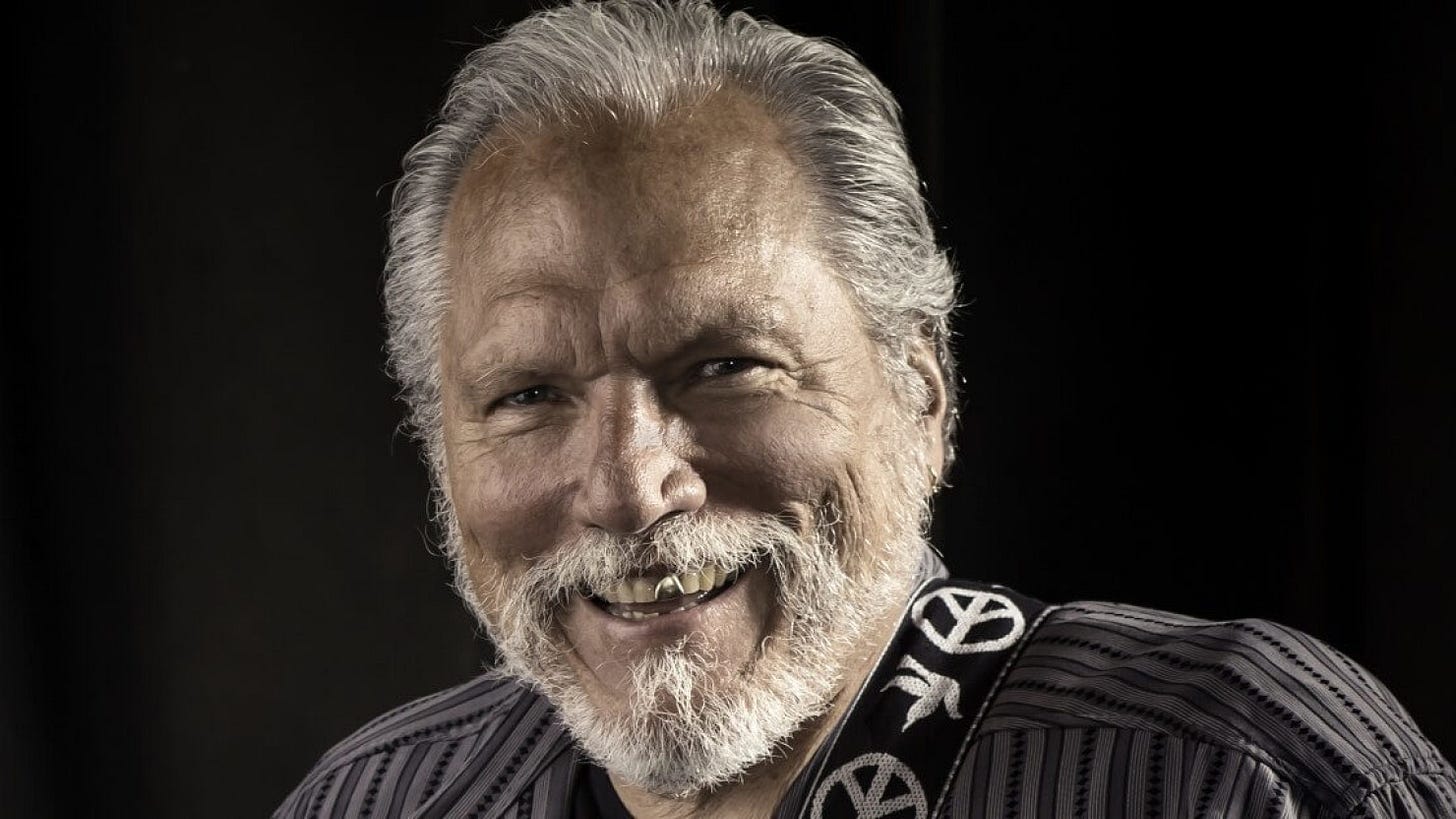
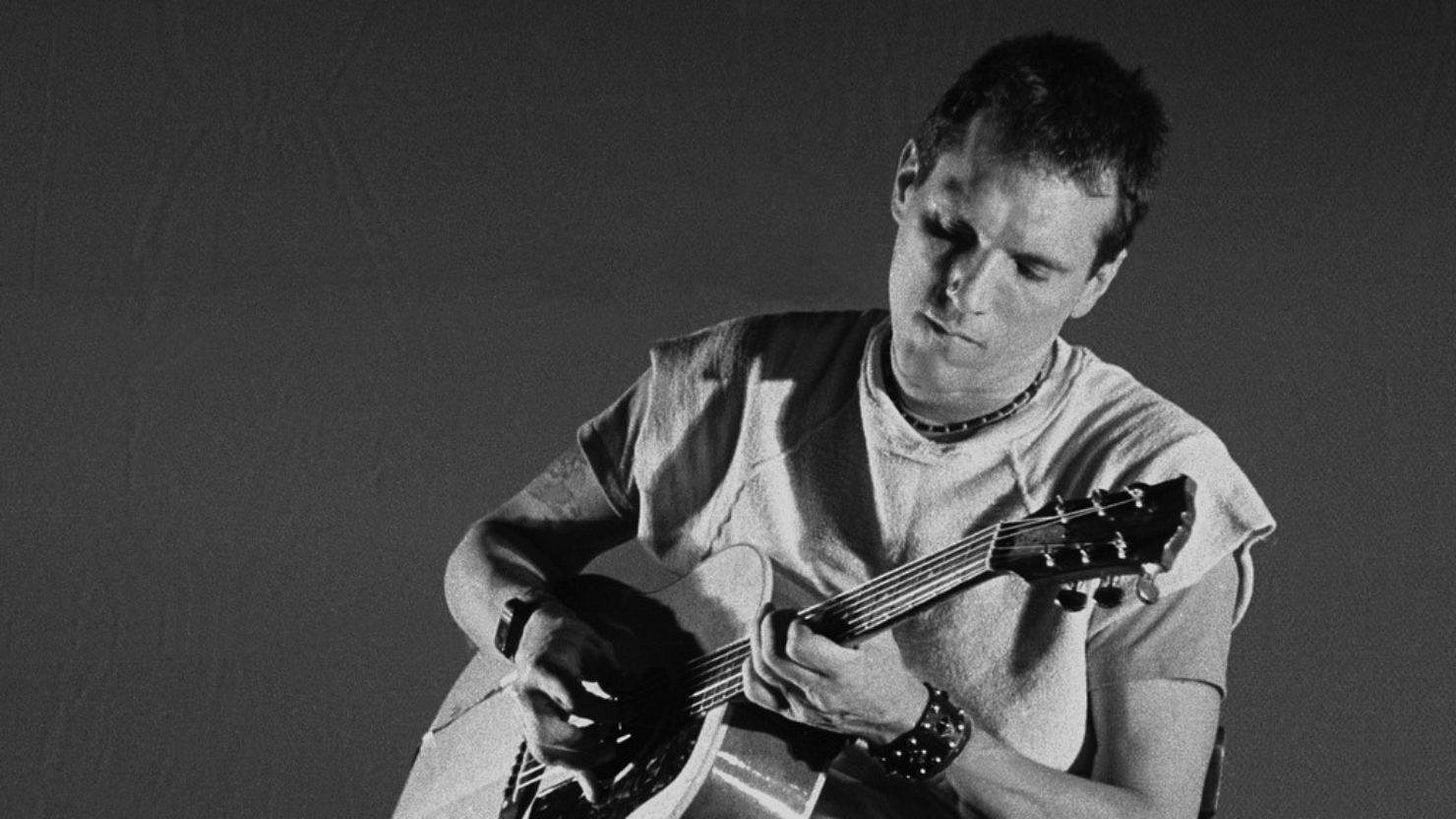
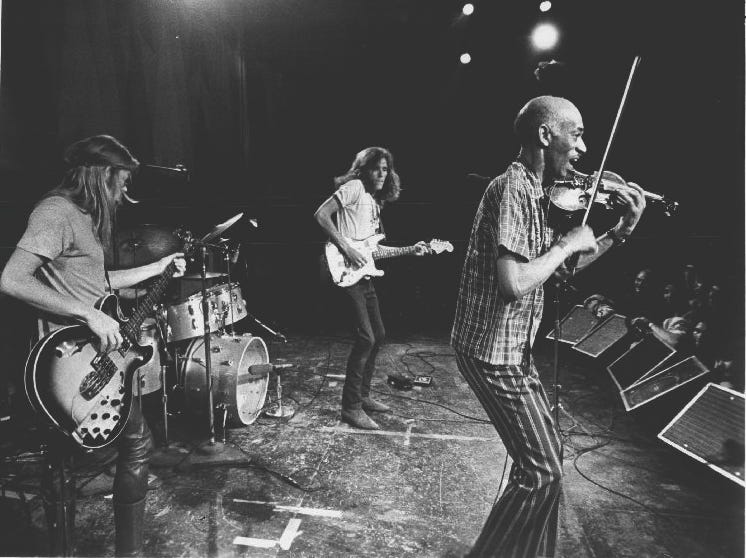
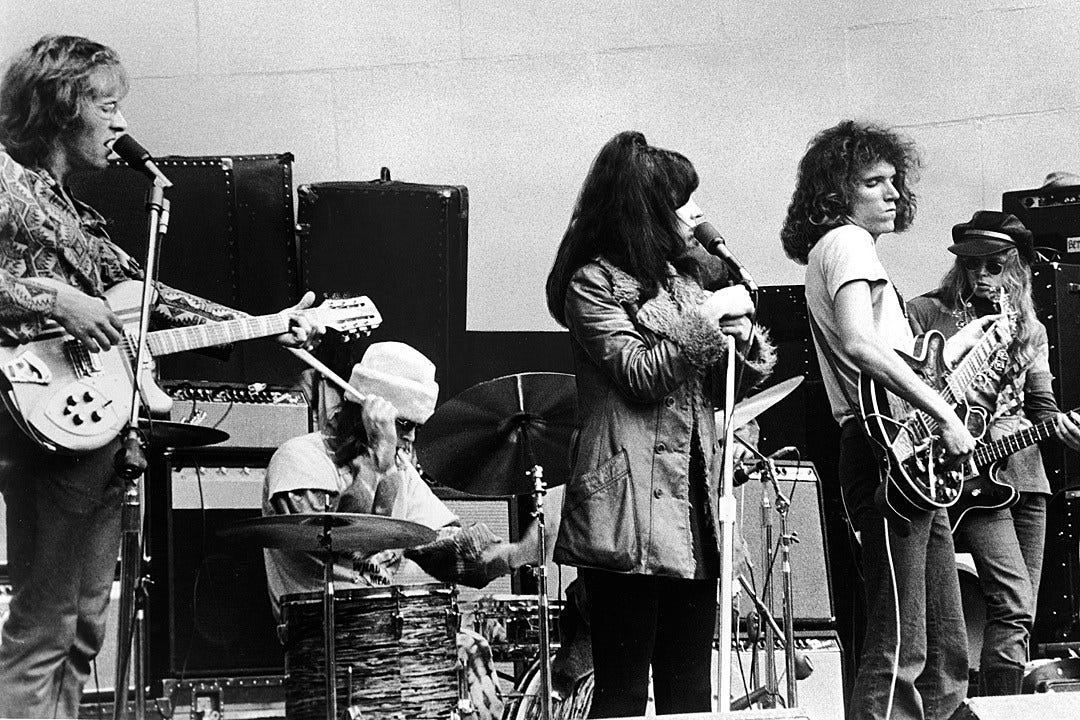
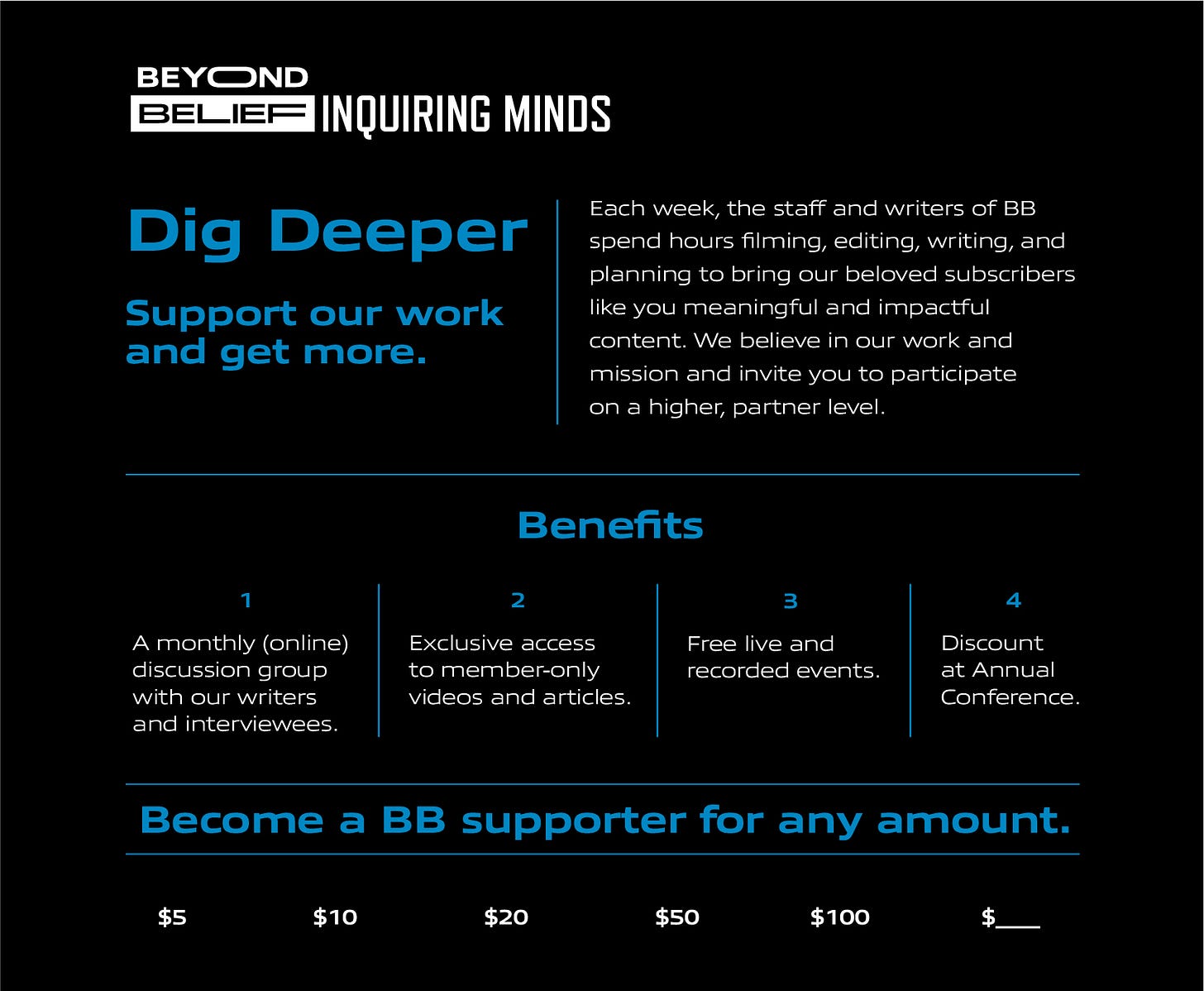
So glad you got to fullfill your dream. I loved getting to interview Kris Kristofferson many years ago when I was in college. IMHO, music and spirituality are absolutely "joined at the hip." When one experiences moving music, one's self dissolves into a oneness with everybody else. No drugs needed! I've been listening since the 50s and guitars were always cool since then.